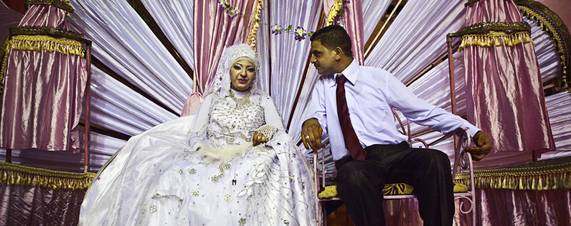In Egypt, there are several types of marriages that vary based on legal status, cultural customs, and religious practices. Here’s a breakdown of the main types of marriages in Egypt:
1. Civil (Official) Marriage
- Legally recognized by the Egyptian government.
- Conducted at civil courts or legal offices.
- Required for rights like inheritance, registration of children, and legal protection.
- Both Muslims and Christians can have civil marriages, often after a religious ceremony.
- For Muslims: registered with Ma’zoun (Islamic marriage registrar).
- For Christians: recognized after church marriage, then registered civilly.
2. Religious Marriage
a. Islamic Marriage
- Governed by Sharia law.
- Requires Ijab wa Qabul (offer and acceptance), witnesses, and a mahr (dowry).
- Typically performed by a Ma’zoun.
b. Christian Marriage
- Conducted in a church, according to Christian traditions.
- Recognized by the Coptic Orthodox Church or other Christian denominations.
- Divorce is rare and restricted in Christian traditions.
3. ‘Urfi Marriage (Customary/Unregistered Marriage)
- A private marriage contract, often without legal registration.
- Not officially recognized by the state.
- Popular among young couples or those who wish to avoid legal or religious restrictions.
- Can lead to legal complications (especially for women and children).
4. Misyar Marriage (Controversial and uncommon)
- A form of marriage where the couple agrees to give up some rights (like living together).
- More common in Gulf countries but rare and not widely accepted in Egypt.
- Usually hidden or secretive.
5. Interfaith Marriages
- Muslim man can legally marry a Christian or Jewish woman.
- A Muslim woman is not allowed (by law and tradition) to marry a non-Muslim man, unless he converts to Islam.
- Can be legally and socially complicated.



